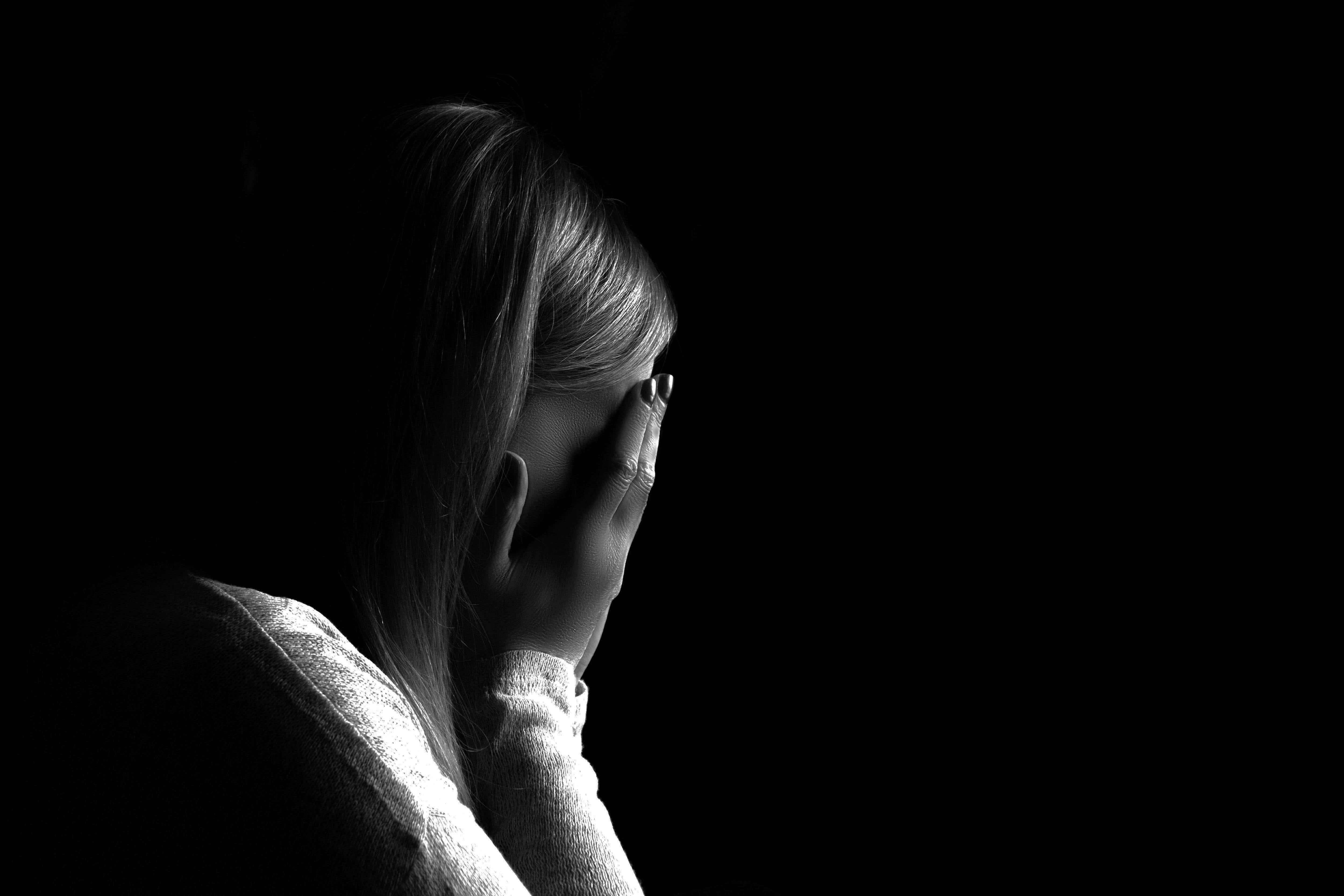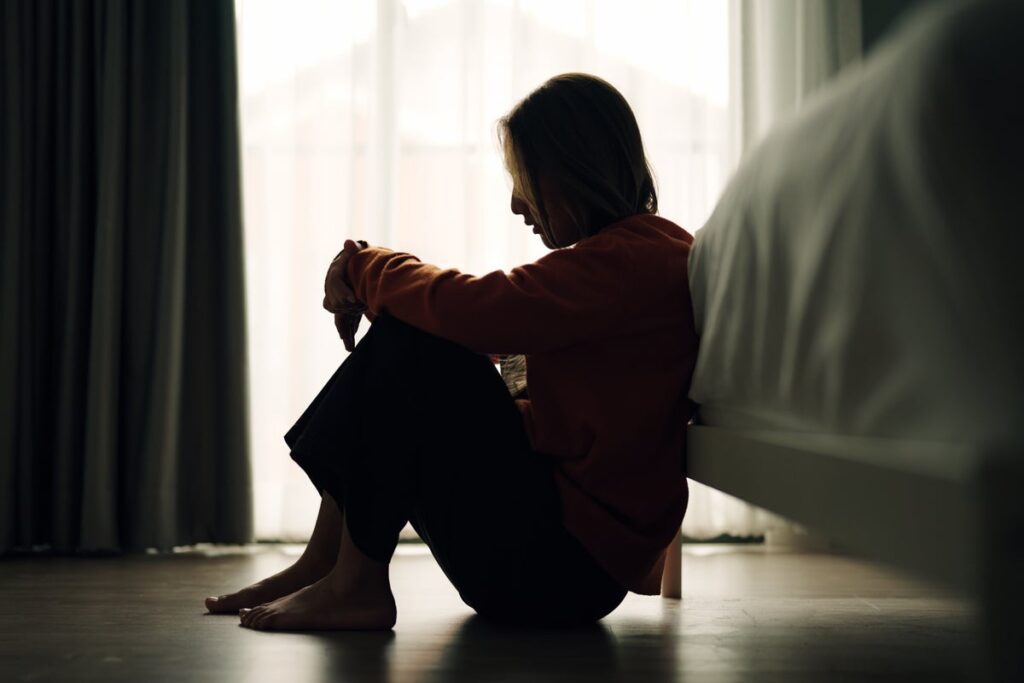A fee survivors of domestic abuse previously had to pay to ensure their abuser could not track their address on a government register is being scrapped.
Survivors seeking a debt relief order (DRO) – a way of writing off debt if you cannot pay what you owe – have had to risk their details being published on the public individual insolvency register.
The only way to avoid this is to apply for a persons at risk of violence (Parv) order, however, this costs upwards of £300 and means waiting up to 20 weeks for it to be approved.
This has left many survivors in debt – often due to domestic abuse itself – with the choice of either remaining in a worsening financial situation, or taking a risk that their abusers could find their address.
The Independent has previously spoken to survivors who have been in this situation, leaving them “terrified” and “panicked” as their details remained accessible to their abuser.
However, ministers on Monday confirmed plans to scrap the fee.
The move means that from November, vulnerable people involved in debt proceedings will no longer have to pay the fee to have their personal details removed from the insolvency register and the official public record, the Gazette.
Minister for courts and legal services, Sarah Sackman KC, said: “For vile perpetrators of domestic violence, free access to a victim’s location is a golden ticket to continue their campaign of hatred and abuse.
“The Independent has stood by the side of these victims for years. We want these women and others to know that this government has heard and acted.”
The abolition of the fee is part of the government’s plan to halve violence against women and girls (VAWG) in a decade.
Leading domestic abuse charity Refuge said the fee had meant survivors were at a “seriously heightened risk of harm and further abuse” if they could not pay it.
Adam Rolfe, policy and public affairs officer at Money Wellness, said scrapping the fee removes a “huge financial barrier for people already facing unimaginable hardship”.
“It means survivors can focus on rebuilding their finances and moving forward without the fear that seeking debt help could put them at risk,” he added.

“We now hope to build on this progress to make sure the entire insolvency system truly supports people to recover from an abusive relationship safely and with dignity.”
The change will help women like Sierra*, who The Independent spoke to in May. She spent tens of thousands of pounds trying to escape an abusive relationship in 2019.
She had to move with her children four times in three months to escape, and when she suspected he had attached a tracker to her car, she had to spend thousands to buy another one. The legal costs of acquiring an injunction against her abuser and providing for her children pushed her into £40,000 of debt.
After searching for a solution, she was told she qualified for a DRO, but the initial feeling of relief soon faded when she was told the order would place her personal details, including her address, on a public register.

She could not wait for the Parv order to be approved by the court, as interest rates would mean she would tip over the £50,000 limit to qualify for debt relief, so she decided to go ahead with the order without the Parv.
It was approved later – and as she was on universal credit, her fee was waived – but by that time, her address had been public for several weeks, during which time she said she was “terrified” and “panicked”.
Francesca Ferrier, senior economic empowerment partnerships manager at Refuge, said: “This is a long overdue and positive step towards better protecting survivors of domestic and economic abuse who are seeking insolvency solutions.
“The racking up of debts in a survivor’s name is a common tactic used by perpetrators of domestic abuse. In fact, more than half of those who had experienced economic abuse reported being in, or having been in, debt because of abuse, according to a report by Know Economic Abuse.”
The keys to the first of two safe havens built by The Independent’s Brick by Brick campaign for women fleeing domestic abuse were handed over earlier this year. Construction of the first purpose-built safe house was completed after a hugely successful campaign launched in partnership with Refuge was backed by readers, politicians, royalty and celebrities.
The national domestic abuse helpline offers support for women on 0808 2000 247, or you can visit the Refuge website. There is a dedicated men’s advice line on 0808 8010 327. Those in the US can call the domestic violence hotline on 1-800-799-SAFE (7233). Other international helplines can be found via www.befrienders.org.
* Name has been changed to protect the woman’s identity


